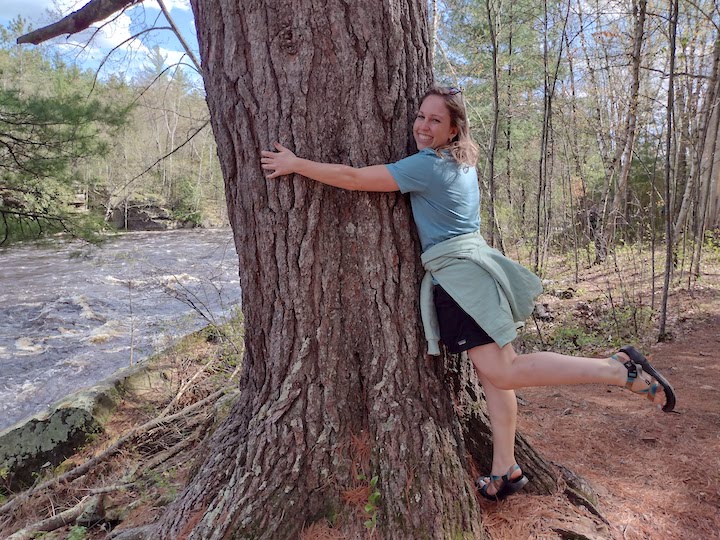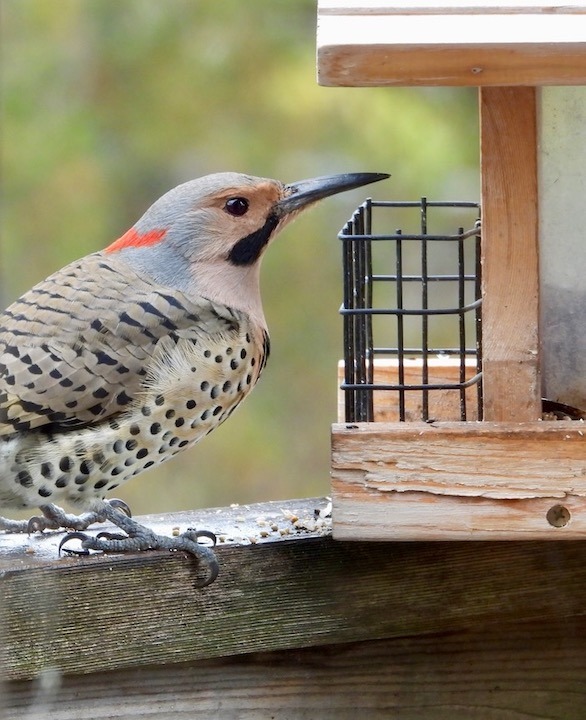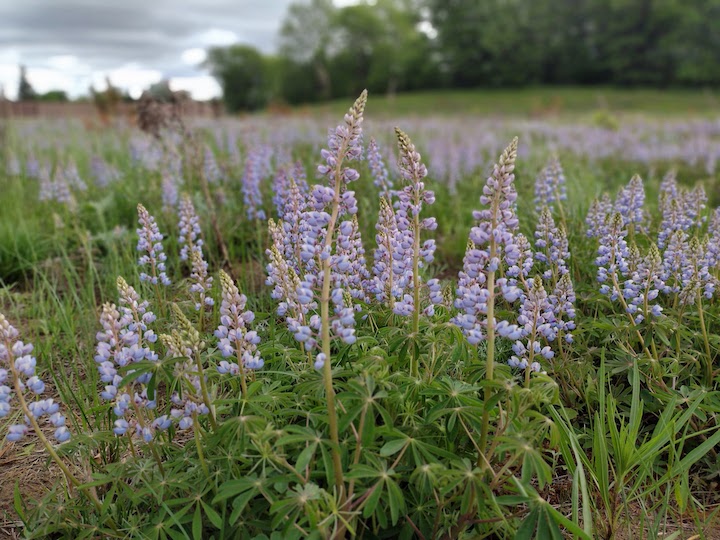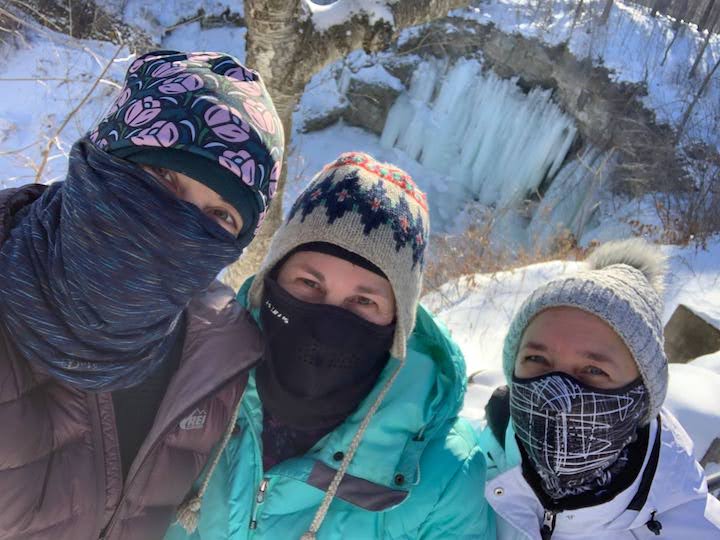A habit of thankfulness—not just at Thanksgiving but throughout the year—gives us wonderful health benefits. Some of them may surprise you!

Thankfulness is very closely related to gratitude. In fact, for our purposes here, I’ll consider them two sides of the same coin, and interchange them freely.
When we develop a habit of being thankful, of being grateful, we get to experience some pretty wonderful health benefits. These affect our physical, mental, emotional and spiritual well-being.
Proven Health Benefits of Thankfulness
Emotional, Mental and Spiritual Health Benefits
Research has shown that thankful people are happier than unthankful people. Why? Because they focus is on what’s good in their life instead of what’s bad.
A habit of thankfulness has been shown to reduce depression, as well as help protect against depression in the future.
Consistent gratitude gives us more emotional resilience when we face life’s challenges—grief, stress, even trauma. And we all face life’s challenges.
Thankful people have fewer anxiety disorders and controlling fears, studies show.
And this is interesting: Thankful people tend to support their community. Their emotional and mental well-being benefits others, too.
Thankful people tend to be less self-focused and more others-focused or God-focused. They criticize and complain less because they’re busy looking for things to be grateful for. This habit adds tremendously to inner peace, a restful spirit.

Physical Health Benefits
Did you know being thankful actually lowers cortisol levels? Cortisol is a stress hormone that can cause all kinds of health issues when too much of it is released too often.
Research has shown thankful people often sleep better, are less tired during the day and can even fall asleep faster.
People who practice gratitude regularly often have less inflammation and therefore less pain. All of this can mean stronger immune function overall.
People who are continually thankful tend to practice fewer (if any) self-destructive behaviors. Substance abuse, stress eating, neglecting healthy activity, that kind of thing.
On the flip side, grateful people are more likely to exercise regularly and eat healthy foods in healthy amounts. These two practices alone contribute so much to our overall health, as we all know.
[For much of the above information I drew from these articles “How to Foster Gratitude” WebMD.com • “Why Gratitude isn’t Just for Thanksgiving” time.com • “Thanksgiving Science: Why Gratitude is Good for You” livescience.com]

How to Cultivate a Habit of Thankfulness
So, wow, who doesn’t want those health benefits?!
There are many things in life we don’t get to choose…but we can choose to be thankful. It’s actually a skill we can learn.
Here are a few ideas to cultivate a habit of thankfulness and gratitude:
- Keep a journal. Every day, jot down or type one or more things you’re thankful for. At first it may take some thinking, but before long it’ll become second nature.
- Sometimes it’s hardest to be thankful in our own homes, with those closest to us. Look for things to be thankful for in the people you live with—and express it to them often.
- Say “thank you” with a smile to everyone who serves you in the coffee shop, retail store, car repair shop or on the job…even the grumpy ones.
- Sometimes it comes down to the basics: You have a job…you’re still breathing…you have a roof over your head…you live in a prosperous country. Those are all things to be grateful for.
- Express your thankfulness to others. This could be during a meal…at an event, formally or informally…through a card, text or email.
- Do you pray? One of the most powerful things we can do is express thanks to God every day—out loud.
- We can even find things to be grateful for when life is hard and things aren’t going our way. It takes more effort, but it’s possible. Somehow it helps ease the hardness of it.

How Activity in Nature can Help Fill Our Thankfulness Tank
Both nature and physical activity are health boosters independently. Put them together and they’re even better. They also offer many of the same health benefits listed above.
Then add in a thankful heart and grateful words and those health benefits will be overflowing.
So when you’re on a trail in the woods, on a kayak on a lake, on a bike through a local park, skiing on a sunny winter day—look for things around you to be thankful for:
- The beauty in the trees, flowers, grasses and water, or sparkling snow
- That there are so many great trails and parks in our local area
- The variety of birds and other wildlife we get to enjoy
- That we’re healthy enough to be on the trails or in the parks in the first place
- Our family members or friends we hike, ride, ski, camp or paddle with
- The wonderful variety in our seasons
- The gear we have that keeps us cool, or warm or comfortable

Even writing this blog post has made me grateful! It’s pretty contagious.
Here’s more for you…
- Health, Fitness and the Whole Person
- Why Physical Activity is So Good for Us
- Why Nature is So Good for Us
- New Winter Gear: How Do These Perform? - November 29, 2023
- Paddle North: SUPs, Kayaks and More - November 20, 2023
- 2023 Holiday Gift Guide for Outdoor Lovers - November 10, 2023
